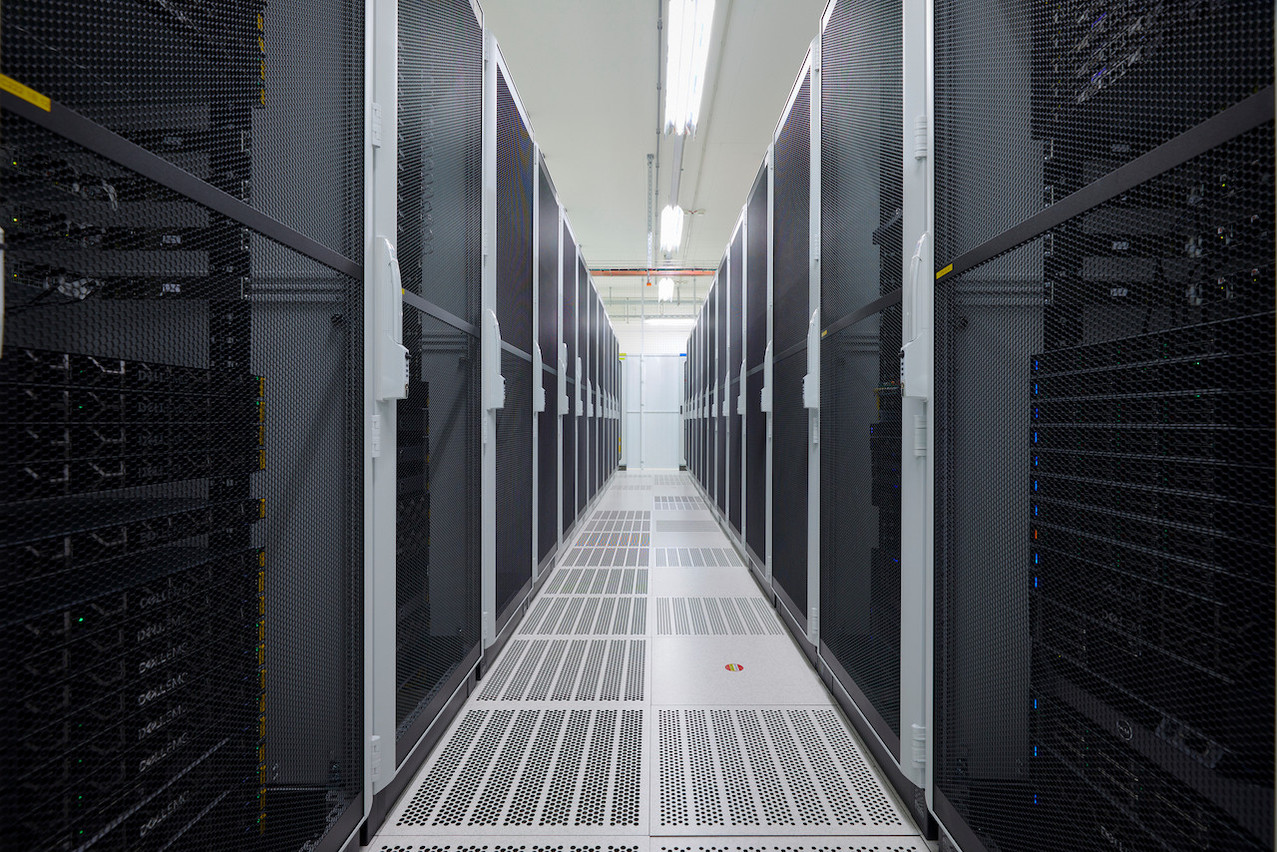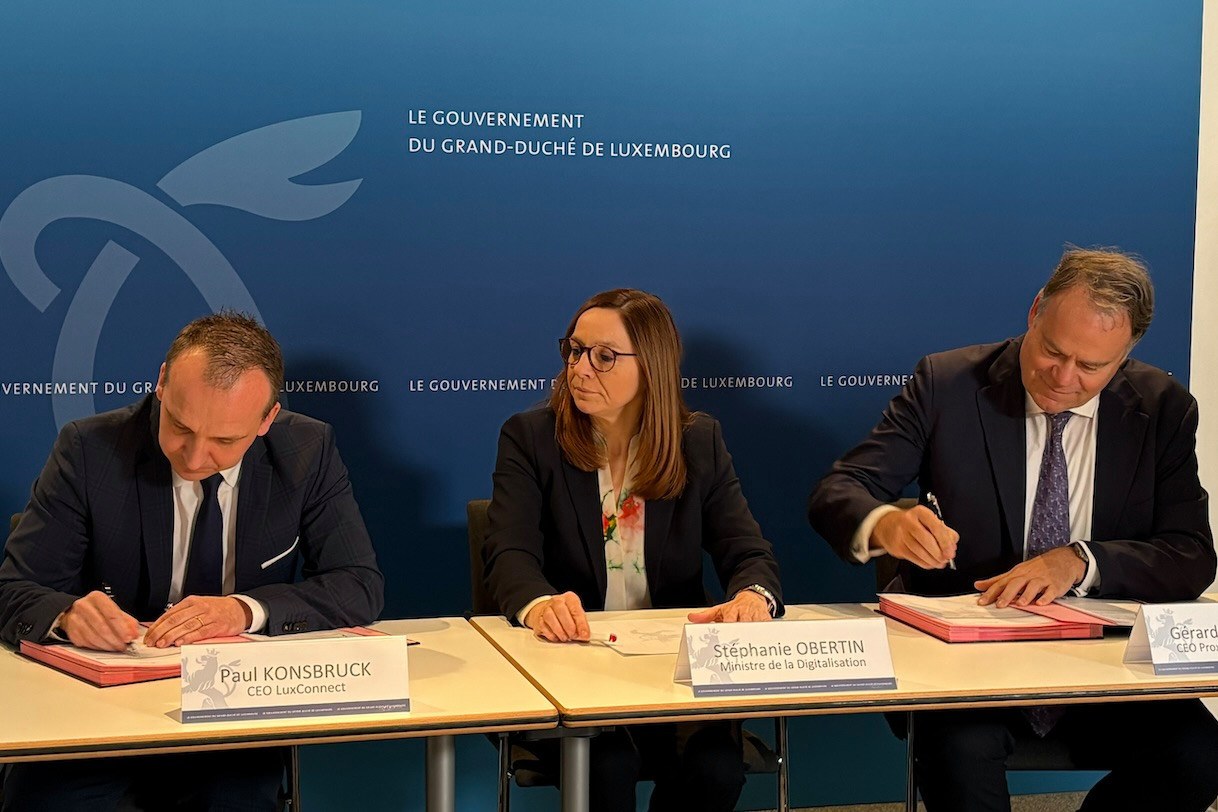Imagine difficult times. The state needs to raise taxes in a very targeted way. Should it levy taxes on swimming pool owners or gas boiler owners who haven’t taken advantage of government incentives to switch to green energy? It will soon be possible to hand over all tax returns and land registry documents to an artificial intelligence system--in a totally secure environment--to get an idea of the number of taxpayers affected and the financial impact. Or, by injecting ten years of tax returns, to find the inconsistencies--those who would have declared a swimming pool for two years, not at all for two years and then again for two years.
There are a thousand examples--and probably many more, positive or negative--of what we could do with artificial intelligence to improve the state’s budgetary situation, and forgive the lives of our fellow citizens.
Up to government departments to get to grips with Clarence
Announced on 23 January 2025 by digitalisation minister (DP), the contract with Clarence--the joint venture between Luxconnect and Proximus, represented by Luxconnect CEO and Proximus Luxembourg CEO --will enable various ministries and administrations to use AI in this protected environment. There will be no intervention from Google, the project’s technology partner, which has agreed to leave it to Proximus to update its technologies. During the press conference, Hoffmann indicated that discussions had begun in 2018 with the American giant concerning the total disconnection of the Luxembourg ecosystem.
Defence? The police? Justice? Health? Financial services? Who are the customers? It is too early to answer that question, said the minister.

The data of administrations that wish to use the solution will be processed by an AI in one of Luxconnect’s data centres in Bissen or Bettembourg. Photo: Eric Devillet/Luxconnect
“I am delighted with this major step forward in favour of high-quality public services. Today, the Luxembourg state is signing a unique partnership of its kind in Europe, thus relying on a sovereign and disconnected solution for cutting-edge applications,” added Obertin. “Following the world’s first e-embassy, Luxembourg is once again a trailblazer by creating the necessary conditions for data security and its use by administrations to provide public services that benefit citizens and businesses. This partnership with Clarence closely follows the announcement of the Meluxina-AI and AI Factory projects and embodies the government’s commitment to increasingly invest in tools that foster the emergence of a national data ecosystem and strengthen Luxembourg's digital sovereignty.”
Whilst not mentioned during the press conference, the government’s press release also mentions the importance of this platform in the possibility of setting up of “sandboxes.” Entrepreneurs could use these isolated testing environments to free themselves from the rules for a while to develop their products before checking that they comply with legislation.
Some 15 data hubs in the pipeline
This ‘rocket,’ the first of its kind in Europe, has another stage that is of equal interest to political leaders. It could be the best place in Europe to launch data hubs. The health hub is already in the pipeline, but Gaston Schmit, first government adviser to the digitalisation minister, has also confirmed discussions with the European Commission, which would like to launch “around fifteen projects” for similar hubs.
Why is this useful? In the field of health, it’s probably the easiest to understand. Luxembourg has health data on its citizens, as well as on cross-border commuters and foreigners who work or live in the country. It might wish to participate in research projects on subjects such as the emergence of cancer, degenerative diseases or rare diseases. However, without a critical mass of data, the value of the lessons learned would remain very limited. If, on the other hand, all Europeans were to share their data--anonymised or pseudonymised--in a secure and inaccessible space, the use and re-use of this data as part of European projects could generate considerable benefits. This would make it possible to act earlier to prevent, rather than cure.
This five-year contract at €2m a year--although the amount is “elastic,” depending on the needs of the administrations--is not the first of its kind. The state, which generally enjoys the confidence of the general public when it comes to data management and protection, has been gently overtaken by the CSSF. The Financial Sector Supervisory Commission has been a .
This article was originally published in .
